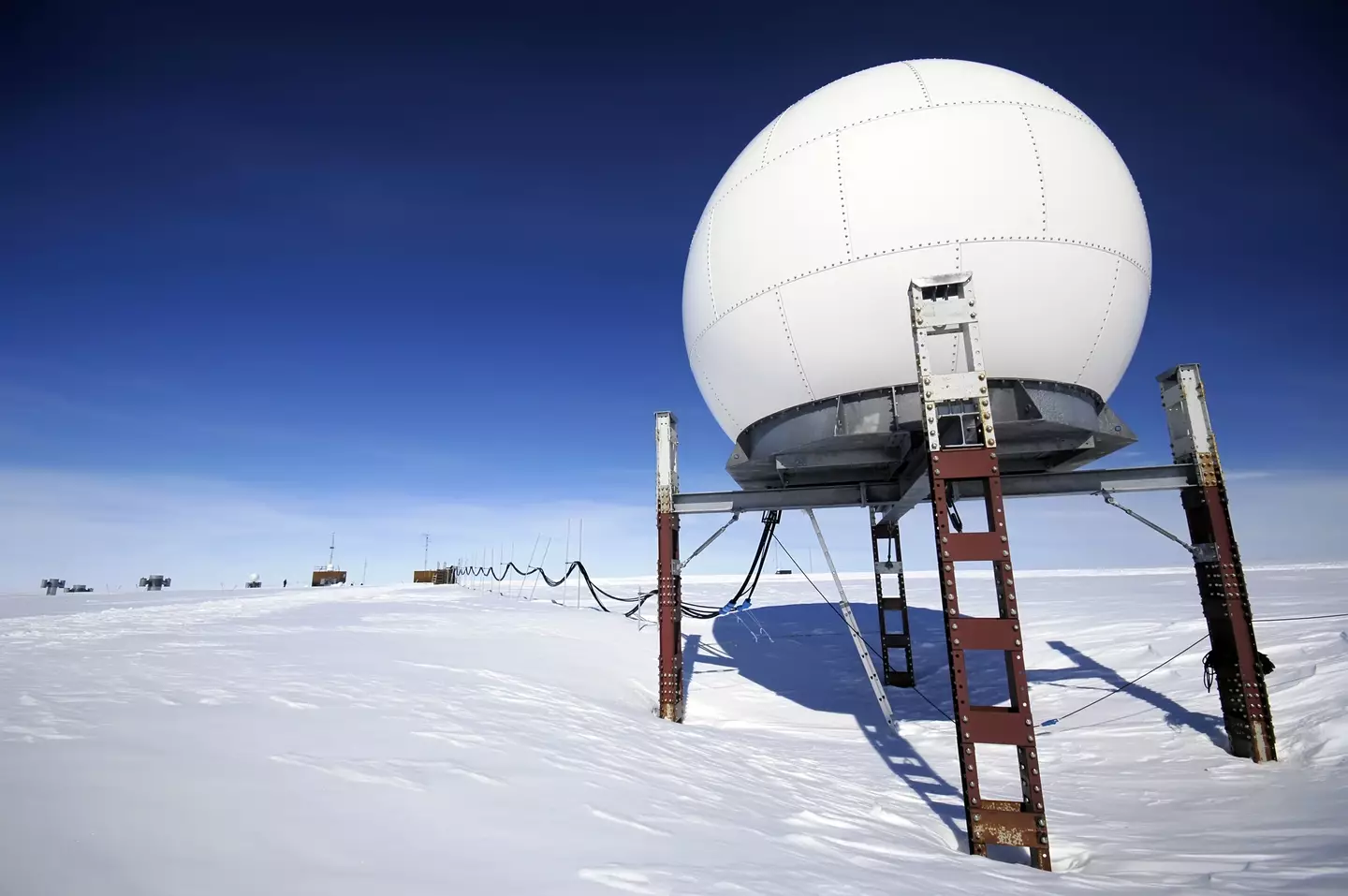
While there are some pretty grim jobs in the world, someone has to do them, and they (sometimes) get paid handsomely to do it. From oil rig workers to crop duster pilots, urine farmers (don't ask) to animal masturbators (definitely don't ask), most of you will be happy with a cushy desk job when compared to some of the more out-there career paths out there.
The Arctic is a particularly inhospitable place, and while it's the perfect place for a doomsday bunker protecting the world's seeds, movies like The Thing and shows like True Detective: Night Country have given us nightmares by playing on our fears about this isolated corner of the world.

We previously covered the scientists who sent a desperate plea for help after one of their colleagues seemingly went 'mad' during a 10-month stay on Antarctica's Sanae IV base, but if you can keep your sanity, you can get paid handsomely for staying in these remote locations.
Advert
Over on Reddit, one marine biologist hosted an AMA (Ask Me Anything) where they explained what it's like being part of a team tracking the elusive colossal squid.
Known to live in the circumantarctic Southern Ocean, colossal squids are confirmed to reach a mass of 1,091 lbs and tend to measure about 33 ft long, although beaks found in the stomachs of sperm whales suggest they could weigh as much as 1,500 lbs.
Stating that it's rare for humans to even glimpse a colossal squid, the OP says they've been stationed there since February and are due to leave in August.
Questions included readers wanting to know how many people were stationed there and what a typical day looks like. After a 06:00 am wakeup and breakfast of bacon and eggs, they use underwater drones to try and locate the colossal squid. Despite the harsh conditions out there, there are around 200 people stationed on the base, with this climbing to 1,500 in the summer months.
The big question is, how much do you earn out there in the cold abyss? The marine biologist explains how they get paid $60,000 a year, although the university they work for doesn't pay them much more for the potentially perilous mission. Still, they're coming home with more money than usual because they aren't paying bills while in the Arctic.
Interestingly, most on the base aren't actually researchers, but those who keep things ticking along like cooks, janitors, IT technicians, engineers, and the like.
The question about wages came from an Australian looking for work, with the OP explaining it's a shame they aren't American. You can apparently only work on bases based on your nationality, although the American stations are always looking for workers.
Still, spending seven months freezing your butts off for $60k a year might not be for everyone. Especially if you spend your days trying to keep warm and chasing an elusive squid that you might not even see during your entire time there.